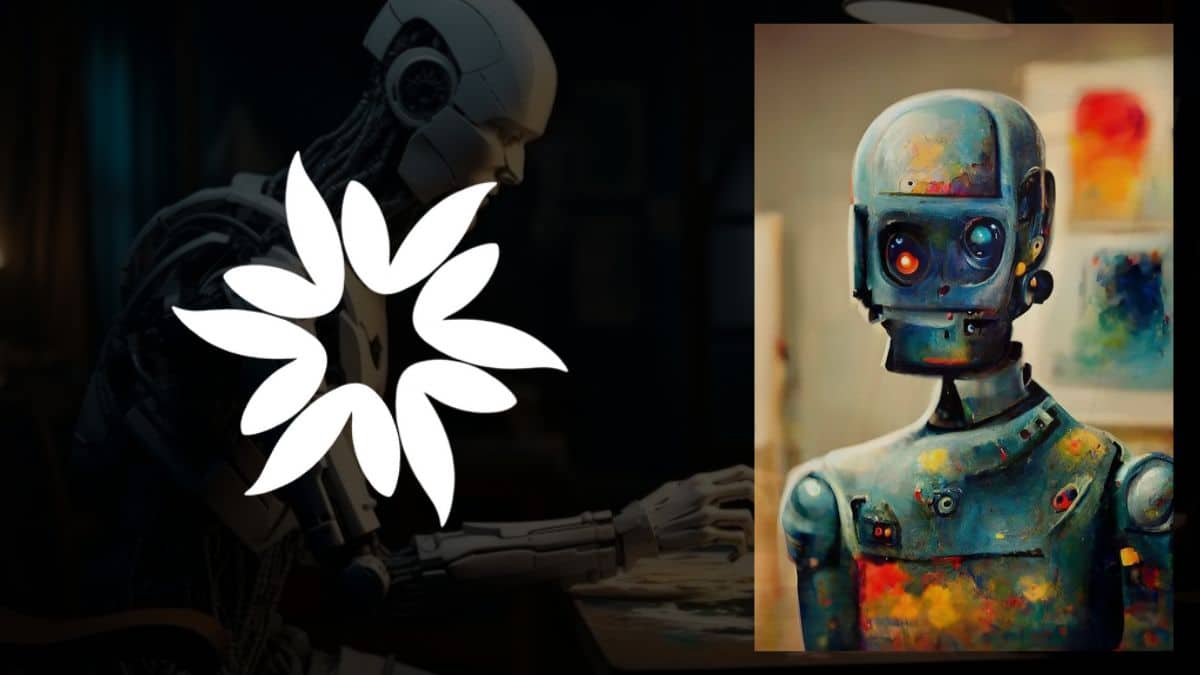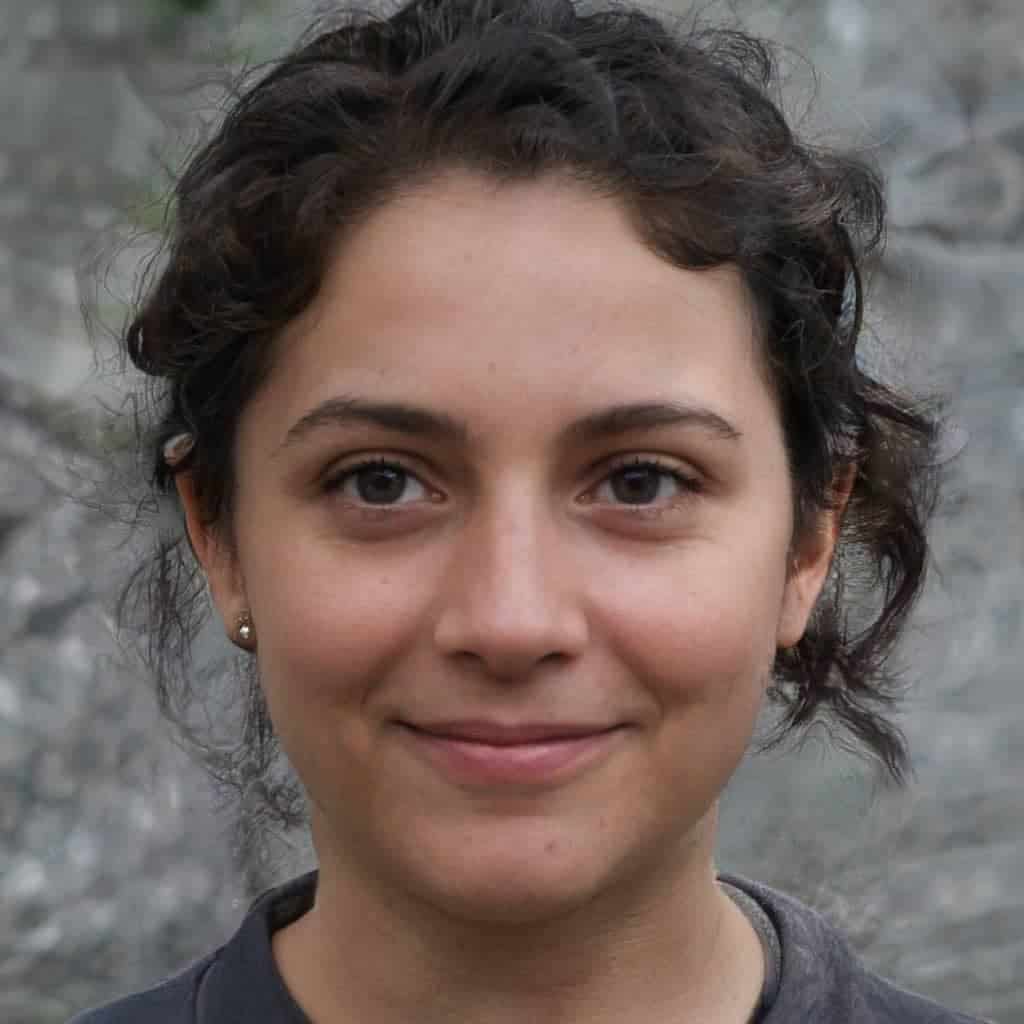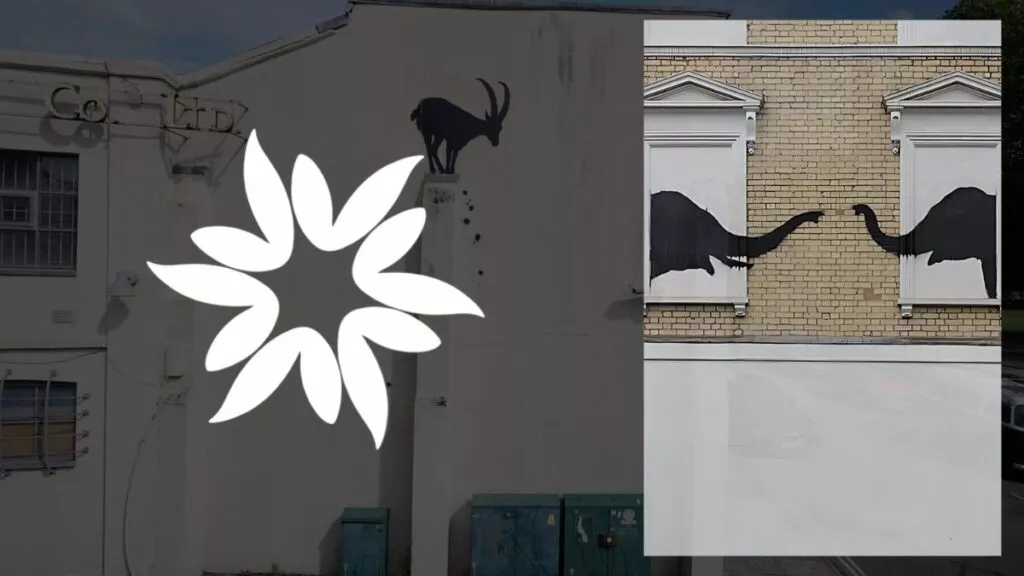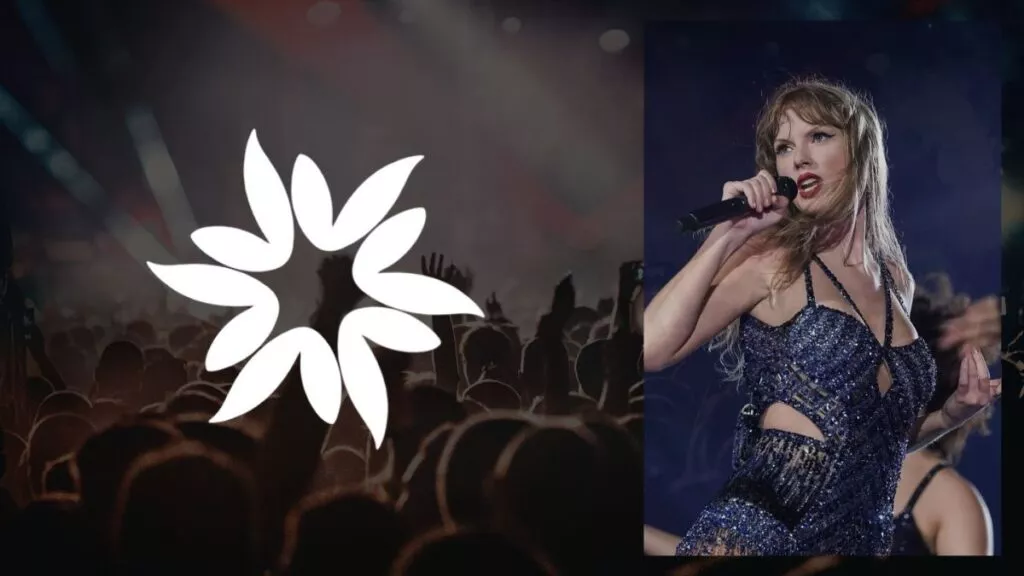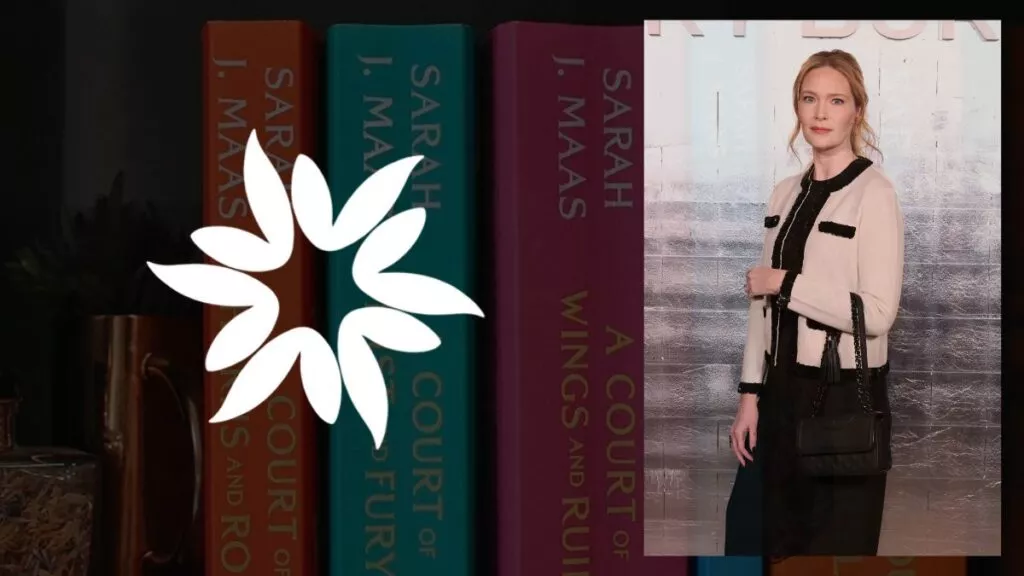The debate surrounding AI-generated art has raged on for the past few years. With many challenges and limitations surrounding this art form, there are many reasons why it will never truly replace human creativity.
In this article, we’ve explored the current state of AI in art, the unique qualities of human creativity, and the ethical considerations of using AI in the creative process.
Key Takeaways
- AI-generated art lacks the depth and emotional connection that human-created art provides.
- Despite technological advances, AI struggles with creating genuinely original and meaningful content.
- Ethical and copyright concerns are significant issues in the use of AI for art creation.
The Over-Promising Potential of AI in Art Creation
Artificial intelligence is often touted as a revolutionary tool that democratizes creativity, making it accessible to everyone.
As Sam Altman, founder of OpenAI, mentioned, generative AI could handle up to 95% of the creative tasks for companies, providing instant and near-perfect content.
Many in the tech industry share this optimistic view, believing AI can unleash a new era of creativity.
However, this promise comes with significant concerns for actual artists and those who deeply value creative expression.
“The reason we built this tool is to really democratize image generation for a bunch of people who wouldn’t necessarily classify themselves as artists,” said a lead researcher for DALL-E.
But, as another AI startup founder humorously said, “So much of the world is creatively constipated, and we’re going to make it so that they can poop rainbows.”
The Disconnect Between AI and True Artistic Vision
AI tools like DALL-E, Midjourney, and Stable Diffusion can generate images, texts, and music based on patterns from vast datasets.
Yet, this process often results in hollow content that lacks the depth of human creativity.
As one former journalist remarked, “There hasn’t been a single AI-generated creative work that has really stuck with me … it all just glides right past and disappears.”
Generative AI’s reliance on data means it often fails to produce content that resonates on a deeper level.
For instance, AI-generated images struggle to accurately depict complex elements like human hands and produce statistically improbable scenes, such as “a horse riding an astronaut.”
The Flood of Mediocre AI Art and Its Impact
AI’s capability to produce large volumes of content quickly is both a strength and a weakness. It can flood the internet with mediocre art, making genuine, high-quality works harder to find.
Artist Del Walker said, “You know what I realized about AI images in your marketing? It sends out the message that you’ve got no budget. It’s the digital equivalent of wearing an obviously fake Chanel bag.”
Text generators like ChatGPT have also inundated literary spaces with subpar works.
Neil Clarke, founder of the sci-fi magazine Clarkesworld, had to halt submissions because of the overwhelming number of AI-generated entries.
While grammatically correct, these stories lacked the deep understanding and subtext that make human storytelling compelling.
The Question of Ethical and Original Use
Visual artists have long used machine learning creatively, but today’s AI tools often obscure the creative process.
Conceptual artist Anna Ridler, who uses GANs (generative adversarial networks), highlights the contrast between her method and the black-box nature of tools like DALL-E.
Ridler’s work involves training AI on datasets that she’s created to ensure a unique artistic vision.
In contrast, popular AI tools use vast, uncurated datasets from the internet, leading to generic outputs.
AI in Entertainment: A Future Full of Uncertainty
AI is already being used in film to create backgrounds and even to replicate actors’ voices. However, the idea of fully AI-generated movies and music remains contentious.
While some envision a future where AI creates hyper-personalized entertainment, others question whether this is desirable.
Marvel filmmaker Joe Russo imagines a world where people could star in AI-generated movies tailored to their preferences. But is this what audiences truly want from art?
The Ethical and Practical Concerns of AI Art
The rise of AI-generated content poses significant ethical and practical challenges. Artists worry about their work being used without consent to train AI models.
As fiction writer Steven Zapata said, the potential for AI to mimic human creators can be demoralizing and threaten livelihoods.
Cory Doctorow, a science fiction author and tech critic, emphasizes the need to ensure that AI does not disproportionately benefit tech companies at the expense of artists.
The Real Value of Human Creativity
Despite AI’s potential, human creativity remains irreplaceable. Great art challenges, comforts, and inspires in ways AI cannot replicate.
Cory Doctorow suggests that while AI might one day produce noteworthy art, it currently lacks the ability to create works with the depth and meaning that humans can.
The Future of AI in Art
As AI technology advances, it will continue to influence the creative industries.
However, the unique qualities of human creativity and the ethical considerations surrounding AI’s use ensure that AI-generated art will not fully replace human-made art.
The future of art lies in balancing technological innovation while still preserving human creativity and originality.




